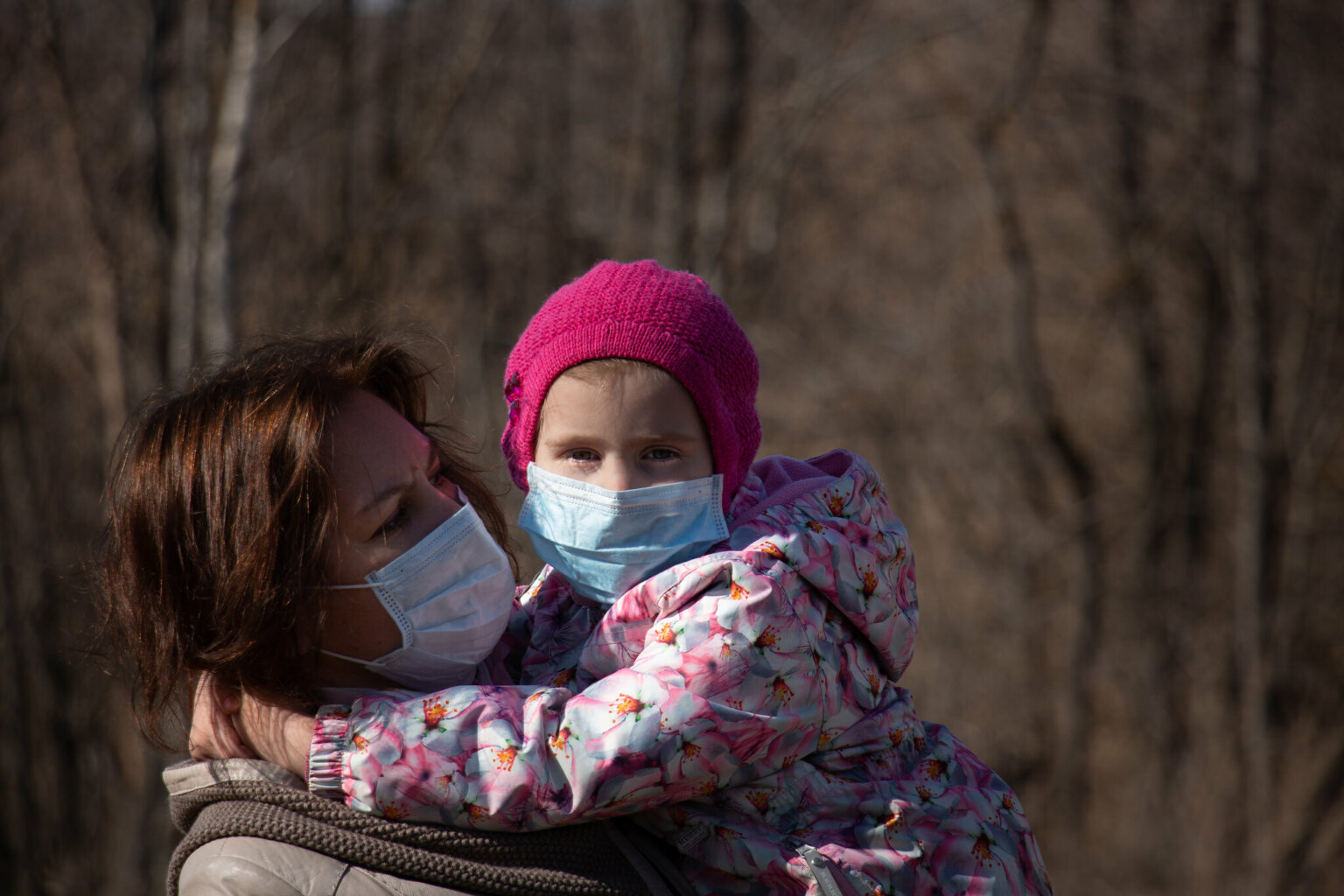- About
- Topics
- Picks
- Audio
- Story
- In-Depth
- Opinion
- News
- Donate
- Signup for our newsletterOur Editors' Best Picks.Send
Read, Debate: Engage.
| August 18, 2021 | |
|---|---|
| topic: | Health and Sanitation |
| tags: | #COVID vaccine, #COVID-19, #anti-vaxxers |
| located: | Croatia, Moldova, Bosnia and Herzegovina, Serbia, Greece, United Kingdom, France |
| by: | Katarina Panić |
If you happen to be in Moldova these days, you might be able to get on the ‘hop on, hop off’ bus - not for a sightseeing tour of the capital, Chisinau, but in order to get the Covid-19 vaccine. All you need is a valid ID, regardless of where you are from. This is one example of a wide range of tactics that governments worldwide employ to boost inoculation rates.
Up until a few months ago, headlines on the lack of vaccine supplies had dominated the media. Some countries did not have enough doses; some hadn’t had them at all. In the meantime, production had caught up with demand, and supplies accelerated accordingly.
Today, the situation is slightly different. The vast majority of the countries have more vaccines than people who want to receive them.
According to Our World In Data, by the last week of July, 27.2 percent of the world population has received at least one dose of a COVID-19 vaccine, and 13.8 percent was fully vaccinated, while only 1.1 percent of people in low-income countries have received at least one dose.
In Europe, some of the most developed countries do not rank among the top ten nations with the highest immunisation rates (Germany, France, Austria, Switzerland). They struggle to balance human rights concepts based on a strictly individual decision regarding vaccinations with the pressing public health requirements that imply social solidarity.
On the other hand, Moldova is among the countries with the lowest immunisation rates, along with other South-Eastern European states. Those at the bottom of the list share three factors in common: distrust of the state, distrust of science and a lack of solidarity inherited from communism.
“To be effective, [the vaccine rollout] must be rapid and comprehensive. If it goes slowly, the mutations will be faster for sure,” Goran Predojević, head of one of the Covid-19 Departments in Bosnia, told FairPlanet. “If it is not extensive, forget about herd immunity,” he added. “So, what do we have so far? Over the last six months, some ten percent were vaccinated. It goes nowhere. The desired 70 percent is less achievable as the times go by.”
Neighbouring Croatia is trying to keep tourists around while expecting a fourth wave of coronavirus, as its tourism revenues constitute one-fifth of its entire economy. Asked how the government plans to tackle the vaccination hesitancy, Prime Minister Andrej Plenković said that his administration prefers to rely on people's sense of social responsibility and solidarity rather than to resort to bribery. He used that term to refuse any idea of paying people for getting inoculated, as Serbia did, giving some 25 Euros to citizens who got vaccinated.
“The government has provided enough vaccines. Today, when someone gets infected and is not vaccinated, ends up in the hospital, on the respirator, and dies at the end, it is hard to say it is the state's responsibility,” Mr. Plenković told the media in Zagreb back in July, while presenting the steps his government intends to take in order to motivate citizens to get vaccinated. “The state and the citizens must be partners”, he added. “Paying someone to get a vaccine would be disrespectful for our citizens who did it so far.”
However, Plenković practically did just that when he announced the granting of subsidies for employers who increase vaccination rates among their workers.
No European country has imposed compulsory vaccination policies so far. It is not that they don’t want to, but more that their constitutions don’t allow it. However, some have found ways to bring measures that force people to get vaccinated.
For instance, when France announced that no one could keep a job in healthcare and elderly care unless vaccinated, a debate on human rights erupted. That said, roughly a million people, mostly young ones, instantly applied for their dose.
The same occurred in the UK, including in sectors that involve a lot of contacts, such as hair and beauty salons.
In Switzerland, the Green Liberal Party suggests that non-vaccinated nurses and kindergarten teachers be labelled.
Some other countries provide various benefits for those vaccinated and impose hurdles for those who are not. Serbia, for instance, gives tourist vouchers and shopping discounts for vaccinated citizens. Croatia’s famous Zrće party beach said that all of its 400 employees were vaccinated, and that there is no entrance for guests who are not.
Similar policies are seen in Greece, including ‘no entry’ mandates in indoor public spaces for the unvaccinated.
When asked if there is inherent discrimination in such policies, all say it is about public safety. "We will not lock down the country again due to the inappropriate behaviour of some people," Greek Prime Minister Kyriakos Mitsotakis told the media in July.
Back in April, the European Court of Human Rights, for the very first time, delivered a judgment about compulsory vaccinations. The Czech Republic fined a group of parents of children who were refused entry to pre-schools because they had not been vaccinated against childhood diseases. In a landslide ruling of 16 votes to one, the court found no violation of Article 8 (granting the right to respect for private life).
“As such, the judgment sends the message that apart from fundamental rights, there are also fundamental duties and responsibilities on the Contracting States to take appropriate measures to protect the life and health of those within their jurisdiction,” judge Paul Lemmens wrote in his opinion.
Image: CDC.
By copying the embed code below, you agree to adhere to our republishing guidelines.

